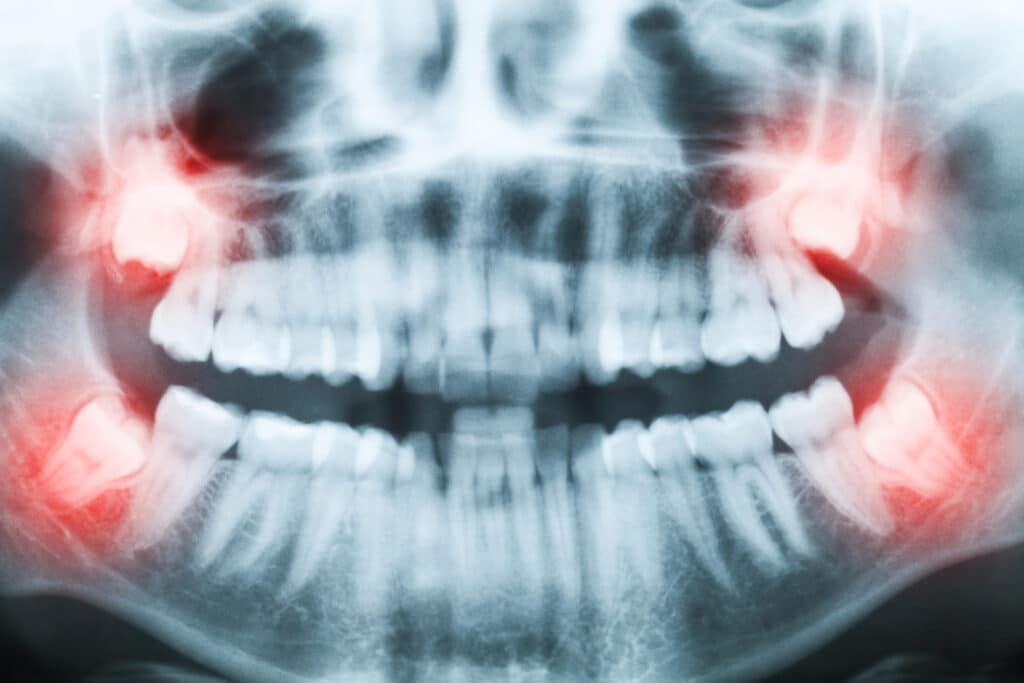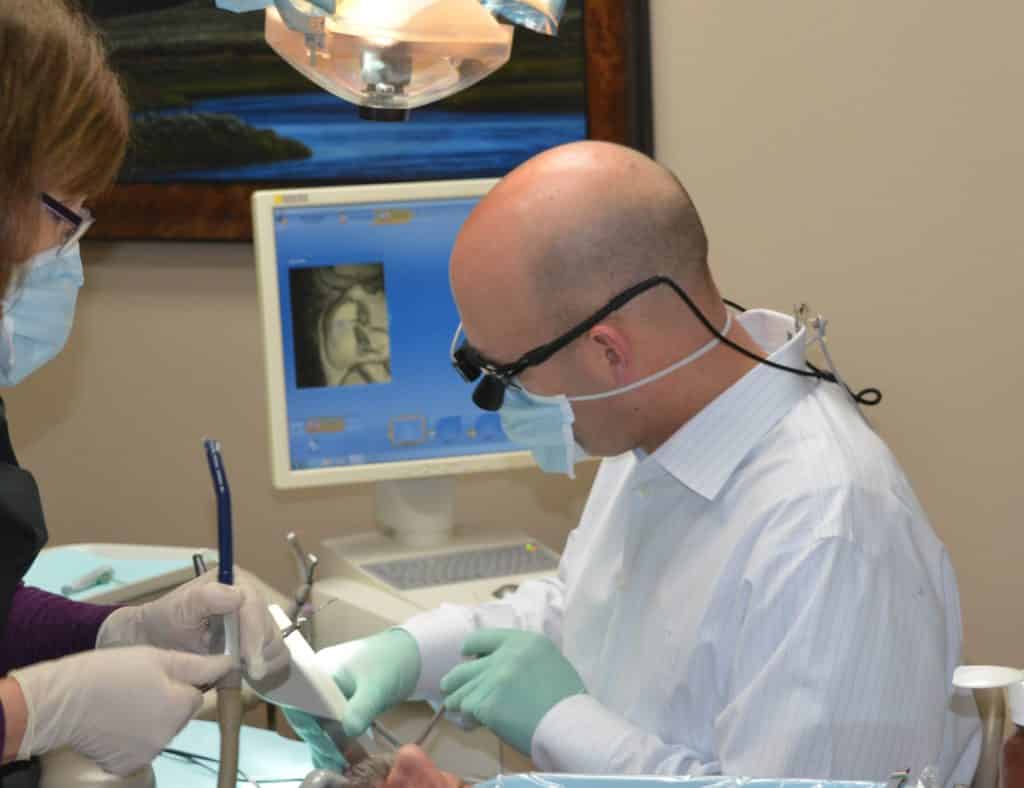
Having wisdom teeth removed is a common procedure, and a comfortable and successful recovery can be assured by following simple recovery tips. With sedation helping you to be comfortable for the procedure, what happens after your wisdom teeth removal can make all the difference in your healing and recovery.
At Leavitt Dentistry, we are committed to not only providing excellent oral surgery services but also ensuring your wisdom teeth removal recovery is as comfortable and swift as possible. If you’re preparing for your wisdom teeth extraction, keep reading as we share 10 expert recovery tips to help you through the healing process.
#1. Rest and Relaxation
One of the most important aspects of wisdom teeth removal recovery is getting plenty of rest, especially in the first 24 hours following surgery. Relax, take it easy, and avoid any strenuous activities to help your body kickstart the healing process. To minimize swelling and bleeding, make sure you rest with your head elevated.
#2. Reduce Swelling
It may be uncomfortable, but swelling is a natural response to surgery and is part of your body’s healing process. When it comes to wisdom teeth removal recovery, swelling usually peaks around the second to third-day post surgery. To minimize swelling and reduce discomfort, we recommend intermittently applying a towel-wrapped ice pack to the cheek area for about 20 minutes at a time.

#3. Pain Management
After the numbness wears off, you’ll likely experience some pain or discomfort around the surgery site. Over-the-counter or prescription pain medication can provide relief; however, it’s important to take these medications as directed. We will give you a written outline of the best way to take these medications for the best outcome and to help you be comfortable — please follow all instructions to stay happy! If you experience severe or worsening pain, contact us immediately.
#4. Proper Oral Hygiene for Wisdom Teeth Removal Recovery
Keeping your mouth clean after wisdom teeth extraction is crucial, but you’ll need to be extra gentle to avoid harming the surgical sites. Saltwater rinses, beginning no sooner than day four after your surgery, are a great way to eliminate bacteria and food particles; plus, they have anti-inflammatory properties that support the healing process. Simply stir a pinch of salt into a cup of warm water, gently swish it around your mouth, and spit it out. Repeat this process several times per day, especially after eating.
Avoid vigorous rinsing or spitting, as this can dislodge the blood clot forming in the socket. This can lead to an incredibly painful condition called dry socket, which occurs when the blood clot at the removal site doesn’t form, comes out, or dissolves before the wound has healed. If you suspect you may have dry socket, it’s essential to contact our office for help finding relief.
#5. Stick to Soft Foods
For the first few days of your wisdom teeth removal recovery, you’ll need to stick to a diet of soft foods like pudding, applesauce, yogurt, and warm soup. As the pain and swelling subside, you can gradually reintroduce solid foods. Avoid any foods that are hot, spicy, or hard.
#6. Stay Hydrated
Staying hydrated is essential for smooth wisdom teeth removal recovery, but skip the straw, as sucking can disrupt the healing process. Drink plenty of water and avoid caffeine, alcohol, and hot beverages in the initial stages of recovery.
#7. Avoid Alcohol and Smoking
Smoking cigarettes, vaping, and alcohol consumption can hinder the healing process. Smoking is especially dangerous, as it increases the risk of infection and dry socket. It’s best to avoid these substances for at least one week post-surgery (or longer, if possible).
#8. Exercise Caution with Physical Activity
It’s safe to resume light physical activity a few days after surgery, but it’s important to listen to your body. Avoid any heavy lifting or vigorous exercise for at least a week to avoid increased bleeding or swelling.
#9. Attend Follow-Up Appointments
Follow-up appointments are a vital part of the wisdom teeth removal recovery process, so don’t skip them! These visits allow us to monitor your healing, check for signs of complications, and address any concerns you may have.
#10. Be Aware of Potential Complications
Complications are rare, but they can occur. Pay close attention to signs such as swelling that worsens after a few days, severe pain, fever, or pus coming from the extraction site. If you experience any of these symptoms, contact us immediately.
Wisdom Teeth Removal at Leavitt Dentistry

At Leavitt Dentistry, we understand that wisdom teeth removal recovery is a delicate process that requires patience and proper care. We are dedicated to using a very gentle approach and treating you with the best care available. By following these tips and any guidance from our team, you can ensure a smooth and comfortable recovery.
Dr. Leavitt is a highly trained and certified dentist with oral surgery training and extensive experience and can perform wisdom teeth extractions right here in our office with the help of IV sedation. If you have any questions or concerns about wisdom teeth removal or the post-surgery healing process, don’t hesitate to reach out to us. We are here to support you every step of the way.

